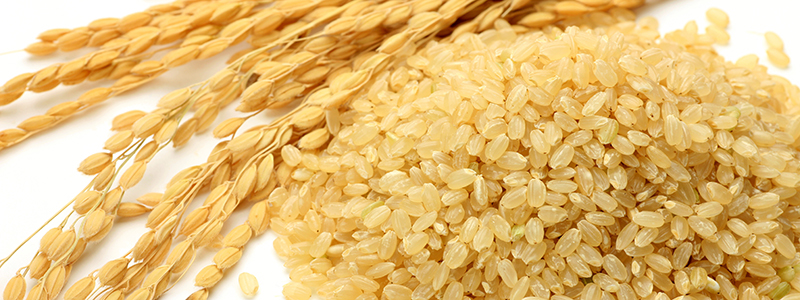
India’s food security programme to have impact on world market: Report
The Dollar Business Bureau  The large coverage of the National Food Security Act (NFSA) will inevitably intensify the requirements for food grain procurement, storage and distribution. And, given the size of India’s stocks compared to the world’s total utilisation, there will also be considerable potential impacts on the world market, said an Organisation for Economic Co-operation and Development (OECD) report. In 2013, the National Food Security Act (NFSA) was passed, which aims to provide food security to 67% of the population by distributing a fixed amount of subsidised grain each month. The government of India implements its price stabilisation and food security policies through the Food Corporation of India (FCI). FCI has been successful at providing remunerative prices for wheat and rice and reduced the price volatility for both the food items during 2006-12, said the report. The report also added that from 2007-11, India imposed export bans on rice and wheat. These bans not only protected India from the spikes in international prices in 2007-08 but also contributed to price hikes in India’s trading partners and are considered to have increased world price volatility. Moreover, FCI did not release stocks when prices were high; instead, it kept accumulating stock and its releases did not keep up with accumulation. In addition, the report said that there are doubts regarding the programme’s contribution to food security as it can decrease net availability of food grains and can even lead to an increase in market prices. Between, 2000 and 2012, production of wheat and rice rose by 29%. However, net availability of food grains over that same period decreased by almost 1%. This gap between production and net availability is directly linked to the rising levels of government stocks rather than to India’s exports. Indeed, during the years in which India imposed its export bans, this gap even increased by 64%. The programme’s influence on market prices is related to the sharp rise in the quantity of grains that are procured and that are kept in stock. The level of stocks more than tripled between July 2006 and July 2014. In July 2014, the level of public stocks was 65.3 million tonnes, which was more than double the norm established by the government. Since 2008, stocks have been consistently above the mandated norms. If the FCI continues to procure large amounts of food grains but does not release grain when needed, less grain will be available in the open market, which will in turn put upward pressure on market prices. As a result, the stockholding programme could in fact increased food insecurity.
The large coverage of the National Food Security Act (NFSA) will inevitably intensify the requirements for food grain procurement, storage and distribution. And, given the size of India’s stocks compared to the world’s total utilisation, there will also be considerable potential impacts on the world market, said an Organisation for Economic Co-operation and Development (OECD) report. In 2013, the National Food Security Act (NFSA) was passed, which aims to provide food security to 67% of the population by distributing a fixed amount of subsidised grain each month. The government of India implements its price stabilisation and food security policies through the Food Corporation of India (FCI). FCI has been successful at providing remunerative prices for wheat and rice and reduced the price volatility for both the food items during 2006-12, said the report. The report also added that from 2007-11, India imposed export bans on rice and wheat. These bans not only protected India from the spikes in international prices in 2007-08 but also contributed to price hikes in India’s trading partners and are considered to have increased world price volatility. Moreover, FCI did not release stocks when prices were high; instead, it kept accumulating stock and its releases did not keep up with accumulation. In addition, the report said that there are doubts regarding the programme’s contribution to food security as it can decrease net availability of food grains and can even lead to an increase in market prices. Between, 2000 and 2012, production of wheat and rice rose by 29%. However, net availability of food grains over that same period decreased by almost 1%. This gap between production and net availability is directly linked to the rising levels of government stocks rather than to India’s exports. Indeed, during the years in which India imposed its export bans, this gap even increased by 64%. The programme’s influence on market prices is related to the sharp rise in the quantity of grains that are procured and that are kept in stock. The level of stocks more than tripled between July 2006 and July 2014. In July 2014, the level of public stocks was 65.3 million tonnes, which was more than double the norm established by the government. Since 2008, stocks have been consistently above the mandated norms. If the FCI continues to procure large amounts of food grains but does not release grain when needed, less grain will be available in the open market, which will in turn put upward pressure on market prices. As a result, the stockholding programme could in fact increased food insecurity.
May 12, 2015 | 5:34 pm IST.






 to success.
to success.